How To Count To 100 In French
Here is a full breakdown on how to count up to 100 in French. If you feel frustrated about not knowing the numbers in French, this simple guide will help you out!
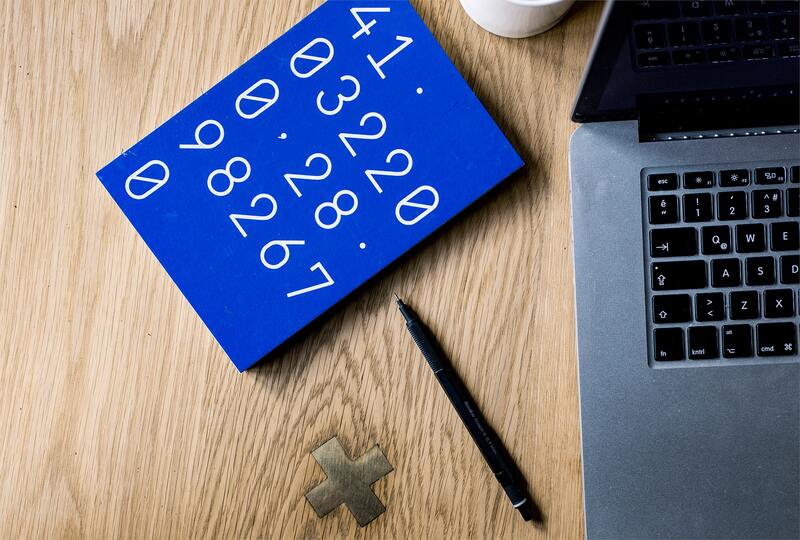
Understanding Numbers In French
Knowing how to count in French is one of the basics of understanding the language. I'll be honest with you; French is not the easiest language on how to count but once you grasp the patterns and the logic behind, it will be a breeze for you. If you are planning to go to France for some holidays, you need to know how to count in French. So, let's get started!
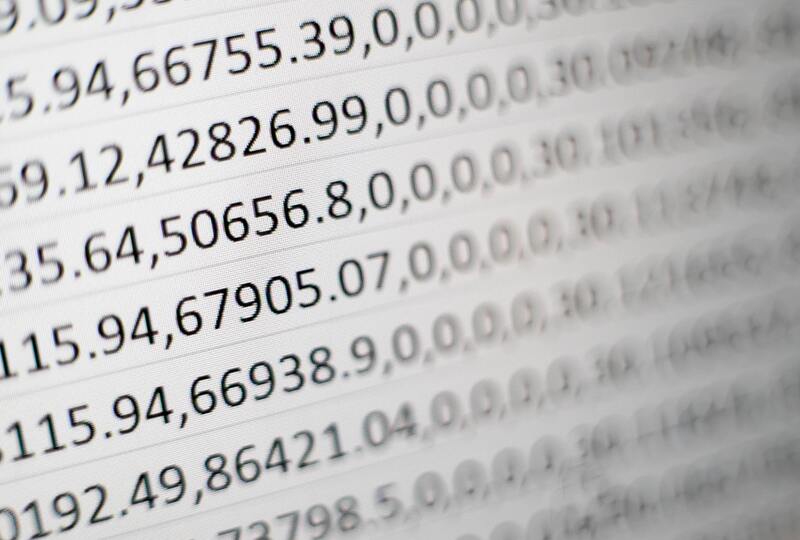
Counting From 1 To 20 In French
Why not just count to 10 instead of 20? It's because the teens function differently, just like many other languages. If "eleven" in English were to be referred to as "ten-one" to mimic "twenty-one," it would theoretically make more sense. Unfortunately, the language Gods decided to add more pezzaz to the numbers. A similar situation occurs with French numerals.
French / English
zéro - zero
un - one
deux - two
Trois - three
quatre - four
cinq - five
six - six
Sept - seven
huit - eight
neuf - nine
Dix - ten
Onze - eleven
Douze - twelve
reize - thirteen
Quatorze - fourteen
quinze - fifteen
seize - sixteen
dix-sept - seventeen
dix-huit - eighteen
dix-neuf - nineteen
vingt - twenty
It is possible to learn French numerals up to 100 methodically. Because you will often see the numbers 1 through 20 utilized, it is crucial that you learn them.
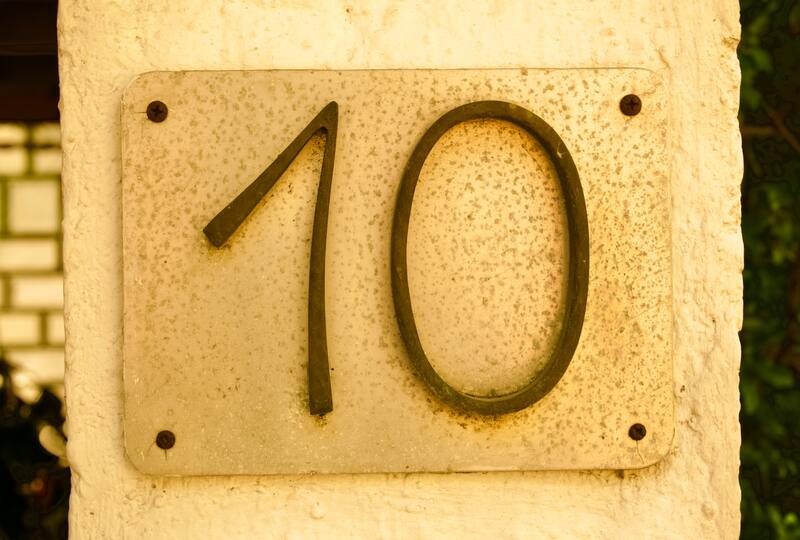
Counting The Tens In French
French / English
trente - thirty
quarante - forty
cinquante - fifty
soixante - sixty
soixante-dix - seventy
quatre-vingt - eighty
quatre-vingt-dix - ninety
cent - one hundred
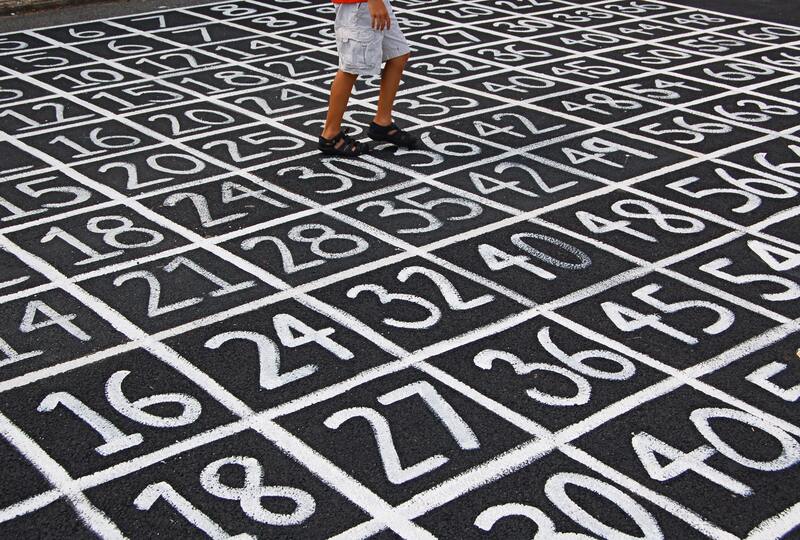
Counting From 21 To 69 In French
All the numbers from 21 to 69 follow a consistent pattern, and you'll see it right away. The words "and" or "et" (ay), as in vingt et un, are used to connect the numerals 21, 31, 41, 51, and 61. In the same manner as in English, a hyphen separates the other digits. Twenty-two is represented by the French numeral vingt-deux, thirty-four by trente-quatre, and sixty-seven by soixante-sept. The first number comes from a multiple of 10, while the second number originates from the place of "ones."
Look at the examples below:
French / English
vingt-et-un - twenty-one
vingt-deux - twenty-two
vingt-trois - twenty-three
vingt-quatre - twenty-four
vingt cinq - twenty-five
vingt-six - twenty-six
vingt sept - twenty-seven
vingt-huit - twenty-eight
vingt-neuf - twenty-nine
trente - thirty
trente-et-un - thirty-one
trente deux - thirty-two
trente trois - thirty-three
trente quatre - thirty-four
trente cinq - thirty-five
trente six - thirty-six
trente sept - thirty-seven
trente huit - thirty-eight
trente neuf - thirty-nine
quarante - forty
quarante-et-un - forty-one
quarante deux - forty-two
quarante trois - forty-three
quarante quatre - forty-four
quarante cinq - forty-five
quarante six - forty-six
quarante sept - forty-seven
quarante huit - forty-eight
quarante neuf - forty-nine
cinquante - fifty
cinquante-et-un - fifty-one
cinquante deux - fifty-two
cinquante trois - fifty-three
cinquante quatre - fifty-four
cinquante cinq - fifty-five
cinquante six - fifty-six
cinquante sept - fifty-seven
cinquante huit - fifty-eight
cinquante neuf - fifty-nine
soixante - sixty
soixante-et-un - sixty-one
soixante deux - sixty-two
soixante trois - sixty-three
soixante quatre - sixty-four
soixante cinq - sixty-five
soixante six - sixty-six
soixante sept - sixty-seven
soixante huit - sixty-eight
soixante neuf - sixty-nine
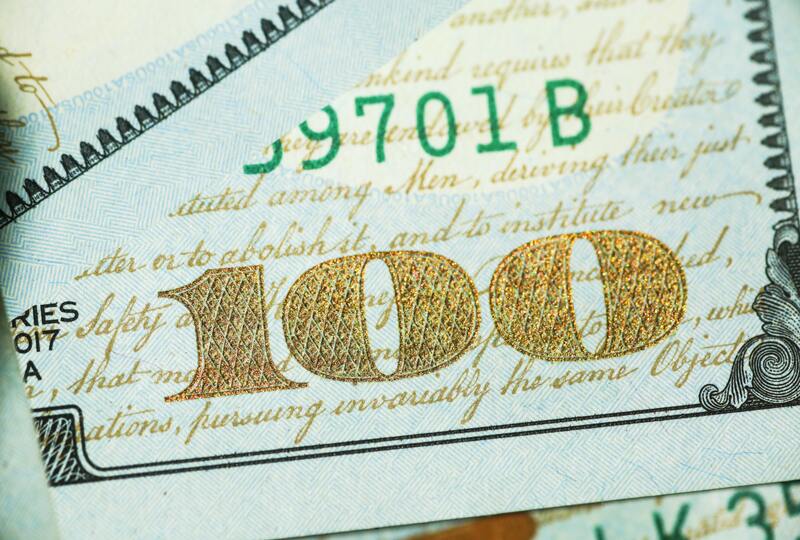
Counting 70 To 100 In French
There is a different rule for the numbers that come after 69 than you may be accustomed to. Soixante-dix is the French word for seventy. You'll see that it combines soixante (60) and dix (10). All the other 70s-based numerals may be written as 60 plus a digit between 10 and 19.
French / English
soixante-dix - seventy
soixante-et-onze - seventy-one
soixante douze - seventy-two
soixante treize - seventy-three
soixante quatorze - seventy-four
soixante quinze - seventy-five
soixante seize - seventy-six
soixante dix-sept - seventy-seven
soixante dix-huit - seventy-eight
soixante dix-neuf - seventy-nine
Quatre-vingt, which translates to "four twenties," is the term used for numerals in the 80s. Because of this French influence, the word "four score" was used instead of "eighty" in old English.
quatre-vingt - eighty
quatre-vingt-un - eighty-one
quatre-vingt deux - eighty-two
quatre-vingt trois - eighty-three
quatre-vingt quatre - eighty-four
quatre-vingt cinq - eighty-five
quatre-vingt six - eighty-six
quatre-vingt sept - eighty-seven
quatre-vingt huit - eighty-eight
quatre-vingt neuf - eighty-nine
The French word for 90 is quatre-vingt-dix. You'll see that it combines quatre-vingt (80) with dix (10). The remainder of the 90s numbers all follow the same formula: 80 plus a number between 10 and 19.
quatre-vingt-dix - ninety
quatre-vingt onze - ninety-one
quatre-vingt douze - ninety-two
quatre-vingt treize - ninety-three
quatre-vingt quatorze - ninety-four
quatre-vingt quinze - ninety-five
quatre-vingt seize - ninety-six
quatre-vingt dix-sept - ninety-seven
quatre-vingt dix-huit - ninety-eight
quatre-vingt dix-neuf - ninety-nine

Tips To Understand French Numbers
1 to 100 in French. Whew! That's a lot of numbers. Let's see if there are any patterns or tips that can help you memorize them better.
- Learn the numbers from 1 to 15 first. This is the basis for all other French numericals: un, deux, trois, quatre, cinq, six, sept, huit, neuf, dix, onze, douze, treize, quatorze, quinze.
- Memorize the numerals for the multiples of ten: vingt, trente, quarante, cinquante, soixante, soixante-dix, quatre-vingt, quatre-vingt-dix.
- To better remember the words you use every day, try adding some light exercise to your study sessions. Counting in French still makes me hear water splashing. I once brought my flashcards into a pool's shallow area. By reciting them aloud and swimming back and forth across the pool, I was able to commit them to memory. Hey, do whatever makes you happy!
- After you have mastered the aforementioned, use the following formula to fill in the blanks:
For numbers from 17 to 19, use "dix + (digit)" for the rightmost digit. For instance, 18 = dix + huit = dix-huit. In English, 18 is equivalent to "eight plus 10," or "eighteen." - For the numbers 21, 31, 41, 51, 61, and 81, it's rather easy. Simply add "and one," which is written as "et un". For instance, 51 is "fifty and one" or cinquante-et-un. (This rule has two exceptions: 71 and 91.)
- The numerals 22-29, 32-39, and so on are condensed into a single word, thus vingt-huit is used instead of vingt et huit. Simply add the single digit to the tens digit.
Two easy french rules:
- Zero is zéro: This is what you get if you add a fancy accent.
- Just keep in mind that 100 cents equal one dollar.
A Few Challenging Numbers To Master:
- Soixante-dix, or "60 Plus 10," is equal to 70.
- 80 is equal to quatre-vingts, or "four 20s."
- 90 = quatre-vingt-dix, or "four 20s plus 10."
This strange math comes into play in the country of France. You may use a less complex version in Switzerland and Belgium.
70 is septante.
80 is huitante.
91 is nonante.
You could use those numbers and people in France would understand you. But what's the fun in speaking French if you don't use a little Parisian math?
Since 70 and 90 are 60 and 80 plus 10, they represent their numbers from 71 to 79 and 91 to 99 using teens. For instance, the number 71 is soixante-et-onze (60 + 11), whereas the number 95 is quatre-vingt-quinze (80 + 15). You may review the numbers table by scrolling back up.
Although it seems difficult, it is not. You'll have a firm understanding of the 70s and 90s after you've gone through them a few times.

Go And Start Counting!
So there you go. You are now proficient at counting in French from one to infinity.
I advise repeating the phrases after watching YouTube videos for pronunciationa few times. Don't forget to stack your habits at the same time. You can listen to French podcasts to improve your pronunciation while doing idle tasks like strolling or menial duties.
I hope you found this post encouraging to learn you numbers. À plus tard! - "See you later!"
